Hochtief was main contractor on the £150m Glendoe power station at Loch Ness.
A tunnel collapse last August forced the site to close after only eight months in operation.
The cost of lost power production has been estimated by experts at around £15m while the repair bill has been estimated at more than £10m.
The plant is not expected to reopen until next summer. The repair job is being carried out by BAM Nuttall and involves the construction of two new tunnels to divert water around the blockage
A spokeswoman at SSE told the Sunday Herald that the two sides were in dispute on the terms of the contract, which stipulates that Hochtief would fix any faults arising in the first two years.
SSE decided not to appoint Hochtief for the repair work.
The spokeswoman said: “The closure was a huge disappointment for us but BAM Nuttall is going to get it sorted. We will sort out the contractual issues with Hochtief once it is up and running.”
A spokesman for Hochtief said: “In August 2009, eight months after operations started, unforeseeable rockfall occurred. Our client has started an investigation programme and is still examining the problem at the moment to find a suitable and sustainable solution.
“We have made suggestions for rehabilitation measures considering different scenarios. As long as investigations are in progress we unfortunately cannot talk about further details.”
SSE’s annual results document, published earlier this month, said: “In August 2009, SSE identified a blockage caused by a fall of rock near the top of the tunnel carrying water from the reservoir to the power station at the 100MW Glendoe hydro electric scheme, thus stopping operations at the station.
“The repair will require the construction of two new tunnels: one around 900 metres, to divert water around the blockage; and a second, shorter, access tunnel. The tunnelling work will be carried out using the drill and blast method. BAM Nuttall has been retained as the contractor for this work, which is under way.
“Nevertheless, the extent of the repair work is such that electricity generation is unlikely to resume before the summer of 2011.”





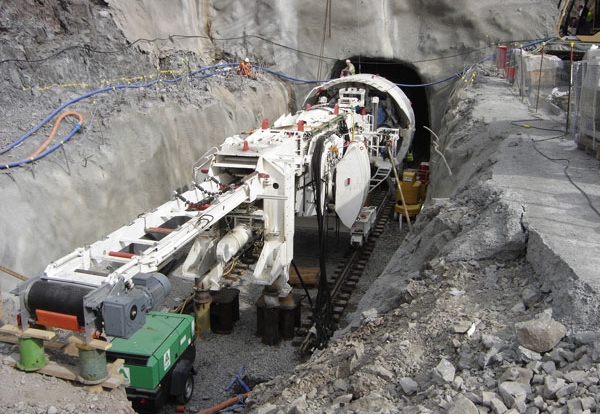






















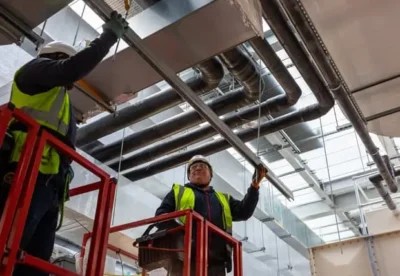


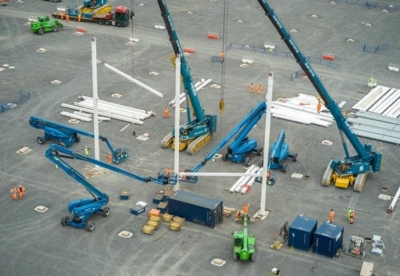




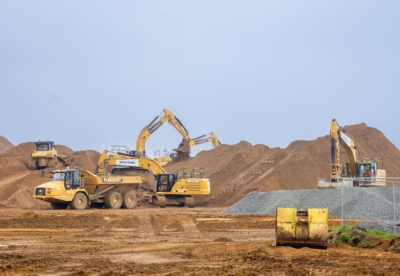
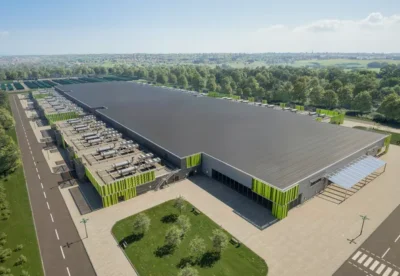







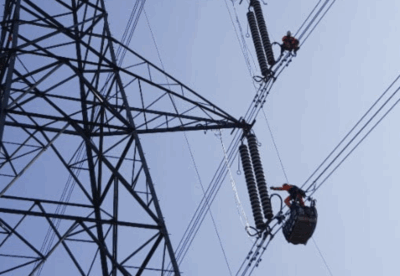



 (300 x 250 px) (2).png)





